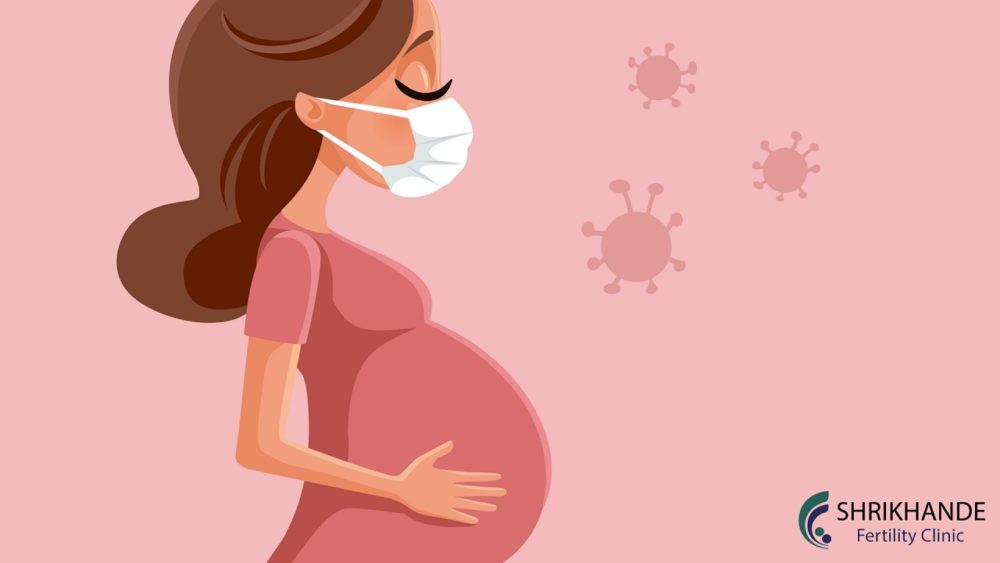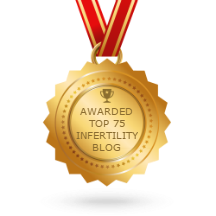Pregnancy and Coronavirus
Introduction
COVID-19, also known as Coronavirus is a highly contagious disease that is believed to be originated from the wet markets of Wuhan, a city in China. People who are infected with this disease will experience respiratory issues, from mild to somewhere moderate. However, older people and those with underlying medical issues like diabetes, high blood pressure or cancer, may face severe symptoms, which at times are even fatal. The COVID-19 is now declared as a pandemic by the World Health Organization (WHO).
A lot of pregnant women have raised queries regarding the impact of COVID-19 on their pregnancy. However, the data available is very limited at the moment to offer a comprehensive guideline over this topic. Despite, we try to give our readers guidance which covers general information for all pregnant women during this pandemic.
What are the things pregnant women need to be aware of?
To date, there is no proof which tells that a pregnant woman is more likely to catch the coronavirus or are more likely to develop severe symptoms if they are affected with it.However, because of changes in their immune systems and bodies, we know that pregnant women can be severely affected by some respiratory infections. It is therefore vital that they take precautions to safeguard themselves against COVID-19, and report possible symptoms (including fever, cough or difficulty breathing) to their gynaecologist.
The good news is that no newborn inherited this virus from the mother through amniotic fluid, or from the breast milk. Further, there were no fetal malformations reported from any country, where the mother was suffering from the virus. In other words, there is no evidence which tells that the baby is affected in any ways if the mother is suffering from coronavirus.
However, every case is different and it is vital to take extra measures if you are expecting a baby and develop flu-like symptoms.
What are the precautions to be taken?
The precautions remain the same as for every other individual. You need to frequently wash your hands with soap and use an alcohol-based sanitizer. You are required to maintain social distancing and wear masks if stepping out of your house. If you have any non-essential travel plans, you should consider dropping it. Prenatal appointments are important, but if you feel fine and can afford to miss your appointment, it is advised to do so, especially if you are visiting a hospital that also treats COVID-19 patients. You can always be in touch with your doctor through phone and emails.
If you happen to deliver your baby amid crisis, the chances are your hospital might cut your stay and discharge you sooner than usual, unless you are having any complications during your delivery.
Who to consult in case you feel the symptoms?
In the event you experience COVID-19 symptoms like fever, fatigue, sore throat or dry cough, the first thing is to isolate yourselves from the rest of the family. You would immediately need to contact your obstetric team and let them know about it. They may come over to take a swab and send it for further testing. COVID-19 diagnosis is only confirmed after the result is positive, so it is wise not to worry until they are out. Stress could be harmful to you and your baby.
For any additional queries, it is best to speak to your doctor and team over the phone.
Tags: Pregnancy and Coronavirus, Shrikhande IVF Hospital





 (+91) 880 557 7600
(+91) 880 557 7600
 Abhyankar Road, Dhantoli, NAGPUR-12
Abhyankar Road, Dhantoli, NAGPUR-12






Leave a Reply